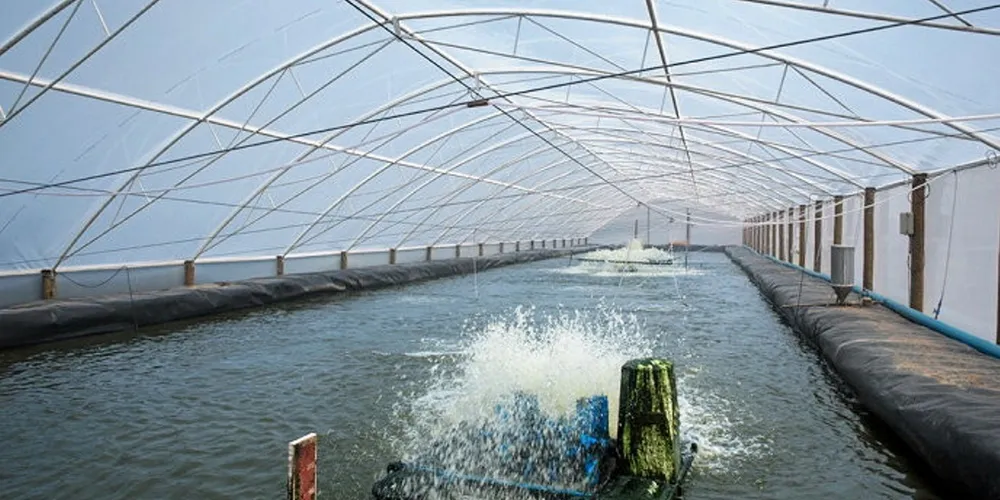Ecuador shrimp suppliers say Brazil market remains 'high-risk'
While the Brazilian industry says Ecuador doesn't have the distribution links to penetrate in Brazil, Ecuador highlights tariff barriers as a threat to exports.

While the Brazilian industry says Ecuador doesn't have the distribution links to penetrate in Brazil, Ecuador highlights tariff barriers as a threat to exports.
